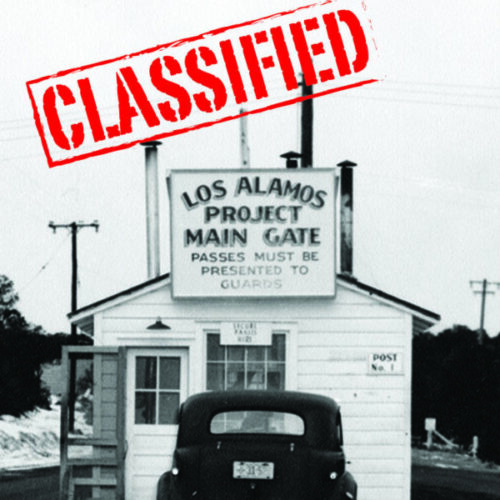A short story from R. M. Dolin’s novel, SUBVERTING INSURRECTION

Summary: Jake is on his morning bicycle ride when he starts analyzing a recent paper he read regarding a theory that embedded in our DNA is the history of our ancestors. Working off that, he starts contemplating the possibility that this is a form of immortality, which means God exists in each of us, that in turn could mean he’s found prove of God’s existence.
There’s an emerging theory in human genome research postulating the existence of a memory retainer in the lower strands of our DNA. The tenant of this theory asserts that the entire history of someone’s ancestry is retained in strands going all the way back to the start of humanity. Some scientists even go so far as to refer to this as a quantifiable form of immortality. The way it supposedly works is your parent’s memories are stored in your DNA and your memories are stored in your children’s DNA. The recursion paradox asserts that by association your children store not only your memories but also the memories of your parents since they are a part of your DNA. And so recursively it goes all the way back to the beginning.
The obvious shortfall in the theory is that your children only obtain your memories up to the moment of their conception, which means your youngest child contains more of you than your oldest, since you accumulated more history between when you’re oldest and youngest children were conceived. The problem is most adults live half their life after their children are born. That means if the theory’s valid, only half of your history and half of your ancestor’s history is immortalized in DNA. What’s even more troublesome with the memory retainer postulate is the part of your life passed through your DNA is probably not the overly interesting portion and may have little to do with who you eventually turn out to be. It also omits passing along any late stage wisdom or knowledge you may have acquired.
On the other hand, what if there’s a lag effect? While your early life may not have been interesting, you witnessed your parent’s middle life and your children witnessed your parents end era. That means it is possible to capture a person’s life in DNA even if the historians are children. The problem is this theory falls apart in the modern age because the family has fallen apart and grandchildren rarely get to witness their grandparent’s last era.
On purely scientific terms, Jake can accept the premise of the memory retainer postulate as well as the recursion paradox. He does however, add a caveat to the theory based on his belief that good memories are not as powerful as painful or bad memories. This makes the dominate memories a person retains in their DNA most likely the bad ones. Jake believes these bad but dominate memories accumulate with each generation until eventually what he calls the cascading collision occurs. This is an expression he coined about two miles back along the frontage road to Santa Fe near Camel Rock on the Tesuque Pueblo as he rides his bike toward Santa Fe’s Opera Hill.
Jake’s principle of cascading collision is that bad things beget bad things in a cascading manner. Each layer strengthened by the preceding. You see it all the time in people living out their lives; one bad thing happens that leads to another bad thing happening. Even when events seem unrelated, the cascading collision takes on a life of its own and the cycle of bad grows over time. It seems reasonable this same phenomena occurs in the memory retainer strands of our DNA. A first principles conclusion of the cascading collision corollary is that the bad things in your life are in part due to the bad things in your parent’s lives, which in turn were due to the bad things in their parent’s lives. And so on cascading all the way back to when Eve convinced Adam to eat the apple. Unless that is, you believe Jesus was sent to break the chain. Then, the scientific outcome is either the memory retainer predating Jesus was erased from our DNA or the gift Jesus gave was a way we can reset our personal memory strands; to delete bad memories and replace them with good ones. At least that’s Jake’s thinking as he turns his bike toward home after summiting Opera Hill, thereby swapping sunrise over the Sangre’s from his left shoulder to his right.
If the “Jesus Overlay” is possible, and our immortality exists through the Memory Retainer via the Recursion Paradox, then perhaps the memories that are passed on to our children at the moment of conception can be over written by better memories we provide our children as they grow? By extension, it also means that our history captured in our children’s DNA is not limited to what we passed on during conception but is continually updated during the remainder of our life with them. By further extension, the Jesus overlay provides a path for having our history imprinted into the DNA of people we positively impact during our life while at the same time working to delete at least some of their bad memories. In other words, the more good we do the more immortalized we become in humanity’s gene pool of retained memories. Eventually the best most deserving people exist in every human’s DNA. This canonical phenomena Jake refers to as the “Jesus Effect.”
“Might was well call that heaven,” Jake surmises as he turns his bike up the driveway. “Wow,” he says with strained breath following his thirty mile ride as the implications of his discovery sink in “We may have just proved the existence of God.”

